Lebanon bans Bahraini opposition groups from holding events in Beirut
Lebanese officials have decided to impose a ban on Bahraini opposition groups intending to hold two events in the country, amid a diplomatic rift pitting Saudi Arabia and its Persian Gulf allies against Lebanon over Beirut’s criticism of the Riyadh-led war on Yemen.
On Thursday, Lebanese Interior Minister Bassam Mawlawi said he was banning “two events” organized by Bahraini opposition figures, which were due to take place on Friday and next Monday.
“If these two events were to take place, they would undermine official Bahraini authorities and [Persian] Gulf Arab states, thus blocking efforts by Lebanon to boost ties with these countries,” Mawlawi said in a statement.
According to Mawlawi, the events had been scheduled to take place in a hotel near Beirut–Rafic Hariri International Airport in the capital's southern suburbs.
In October last year, Lebanon’s Information Minister George Kordahi angered Riyadh and its Persian Gulf allies by describing the Saudi-led war on Yemen as “futile” in an online show affiliated with Qatar’s al-Jazeera television network, adding that the Yemeni armed forces are successfully defending the state.
Saudi officials immediately responded by recalling the kingdom's ambassador from Beirut and banning all Lebanese imports. The response was supported by Bahrain, Kuwait and the United Arab Emirates.
As Saudi pressure built on his country, Kordahi eventually announced his resignation in December 2021 and said he had decided to put Lebanon’s national interests above “personal” preferences.
Kordahi, a popular former Lebanese game show host, had made the critical remarks before being appointed as the information minister.
The decision by Lebanese authorities to ban Bahraini opposition forces from holding two events in the country comes nearly two months after Mawlawi ordered the deportation of non-Lebanese members of Bahraini Shia opposition group al-Wefaq from Lebanon.
The order came after the Bahraini opposition group held a news conference south of the Lebanese capital in early December last year, denouncing the Al Khalifah regime and presenting a documented report on human rights breaches in the kingdom.
“We believe that the decision, which was issued by the Lebanese minister of interior, is a political decision and is not based on a legal case,” Ali al-Fayyez, a Bahraini political activist, said at the time.
Fayyez explained that the conference was “A peaceful activity guaranteed by international laws and treaties regarding freedom of opinion and expression.”
The activist highlighted that “even the US Department of State, the British Foreign Office and the Human Rights Council” have all issued reports similar to the one presented by al-Wefaq in the press conference.
The Bahraini activist underscored that “Saudi blackmail with a Bahraini façade – i.e. the ruling authority in Bahrain” – was behind the deportation order.
“We believe that this step is inconsistent with the history of Lebanon; with what the Arab, the Muslim world or the entire world knows about Lebanon, as it embraces different opinions and pluralism, as well as freedom of opinion and expression,” the activist stated.
“This political decision is not in anyone's interest: neither the Lebanese people nor the Bahraini nation. It serves only one side: the tyrannical and dictatorship regimes in the Arab and Muslim world,” Fayyez noted.
President Yoon Suk Yeol to be removed from office
At least 19 Gazans killed by Israeli airstrikes since dawn: Medics
Leader: Iran neither has nor needs proxy forces
US fighter aircraft shot down ‘in friendly fire’ amid aggression on Yemen
Yemeni FM: Israel’s sponsors accountable for ongoing aggression on Sana’a
Eight Palestinians killed as Israel attacks Gaza school, hospitals
VIDEO | Rome, Milan host new protests in solidarity with Palestinians
Dec. 21: ‘Axis of Resistance’ operations against Israeli occupation


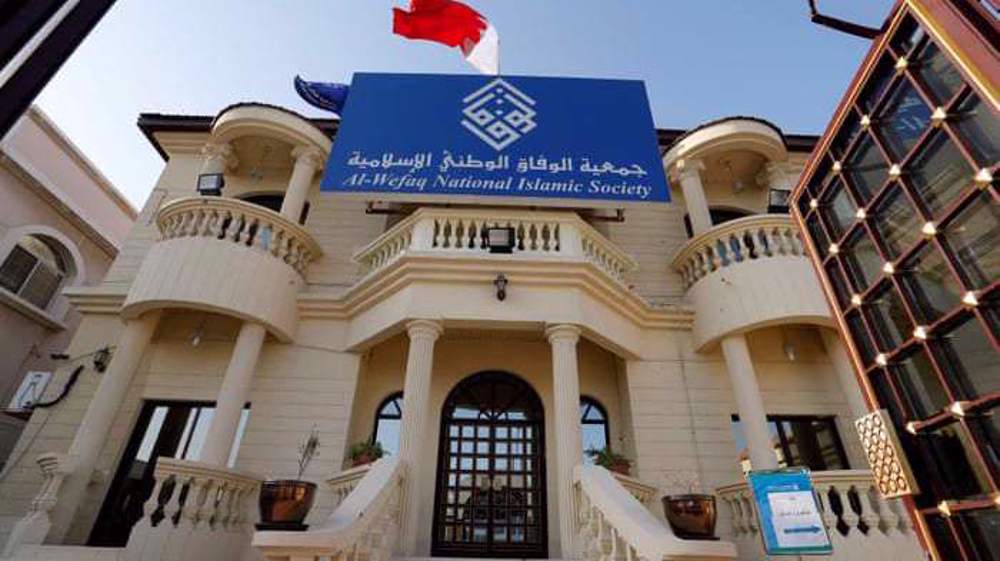
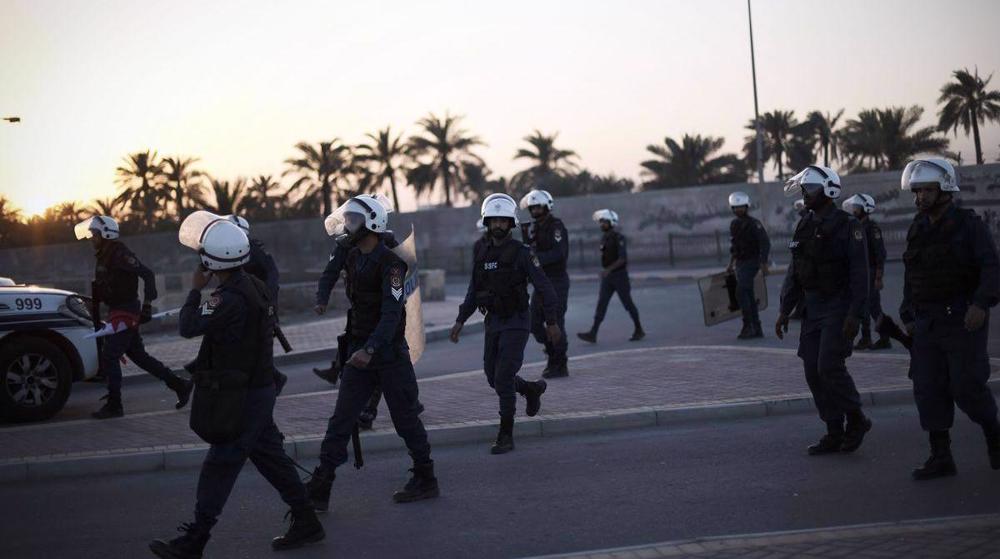
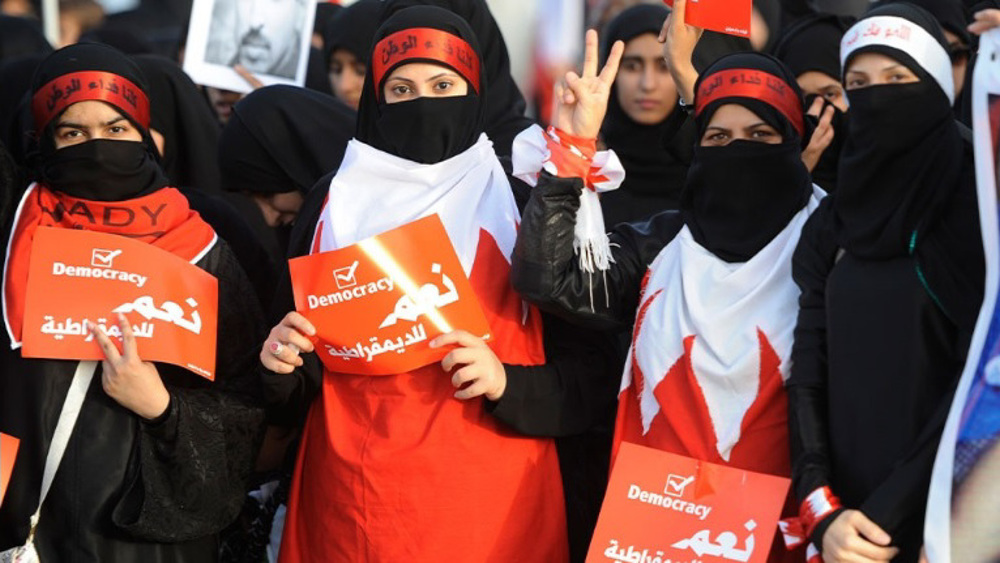

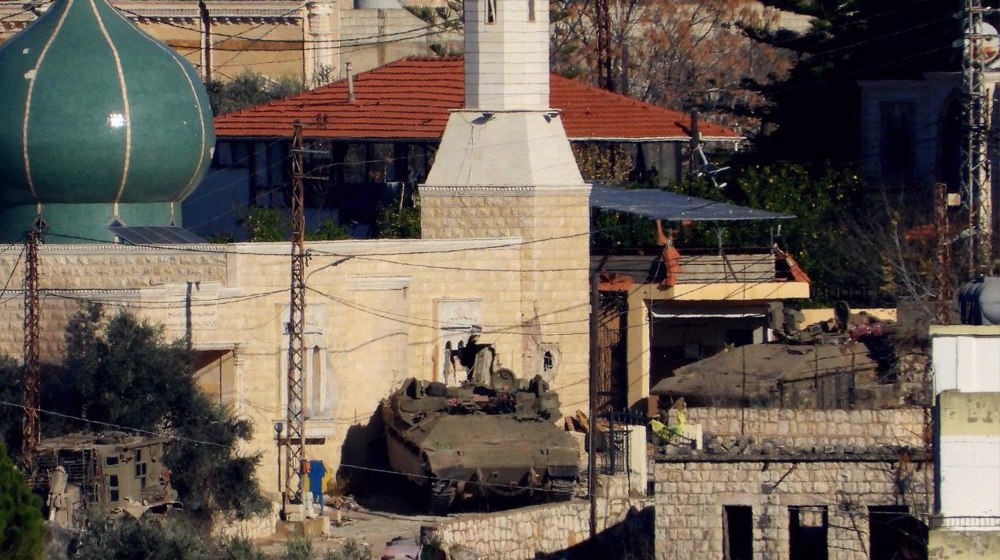




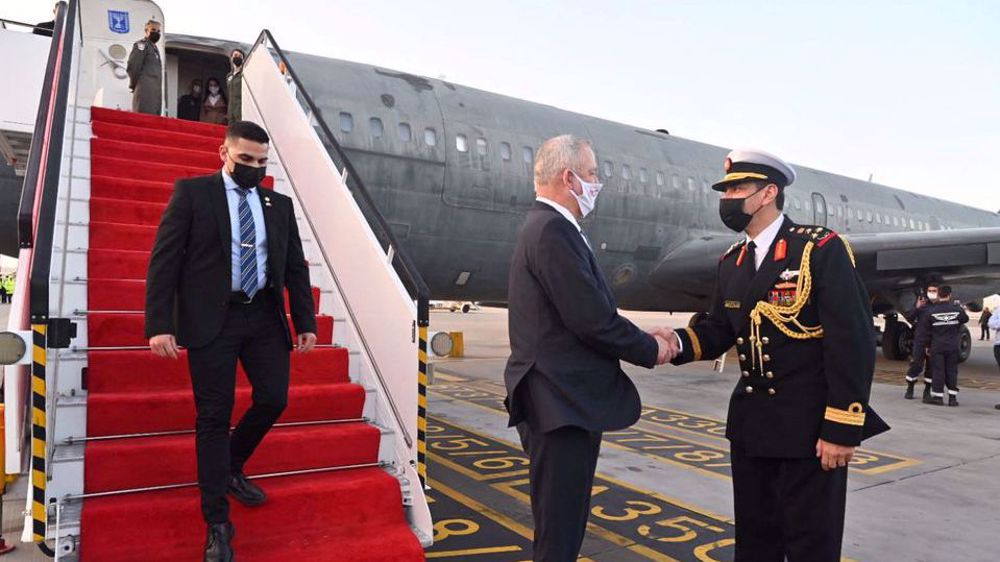
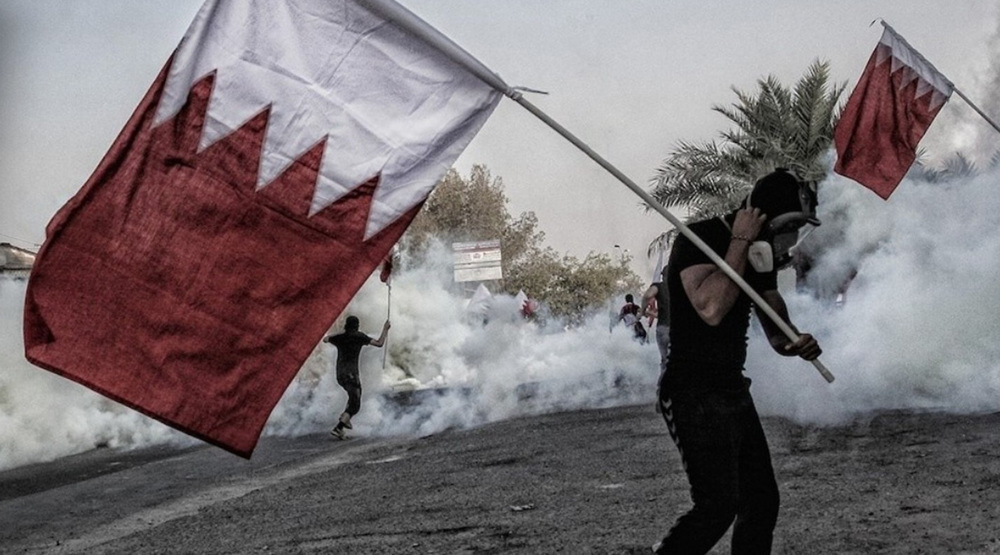
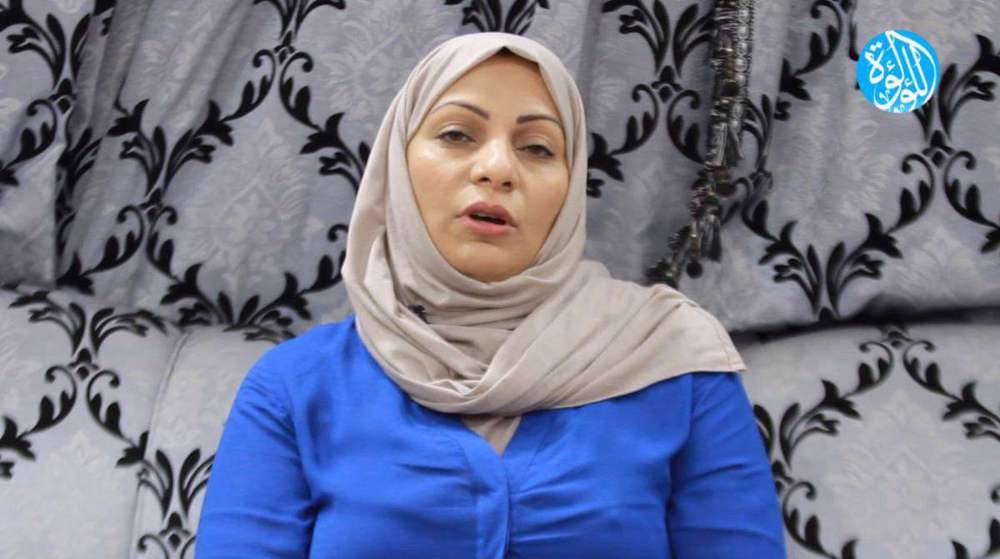
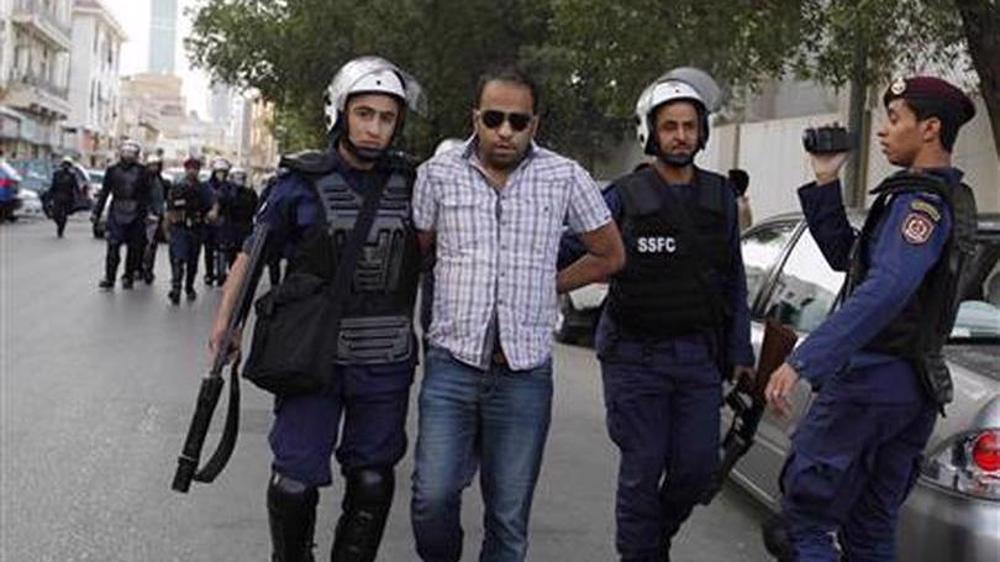
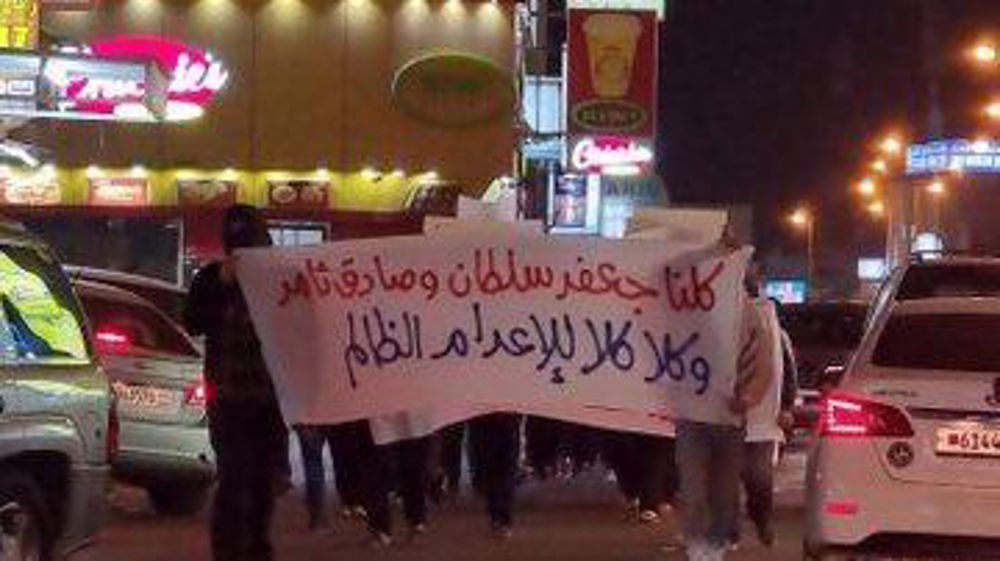
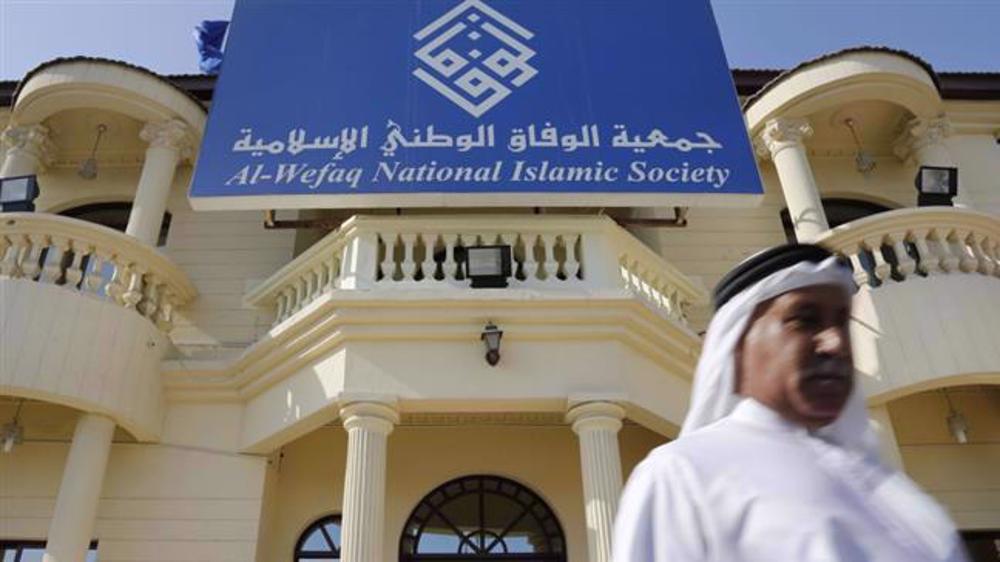
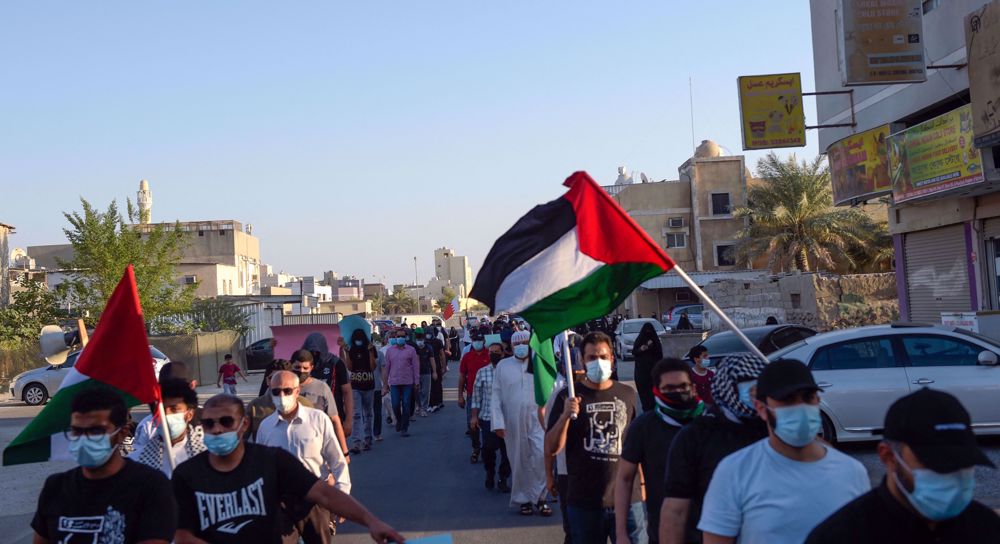
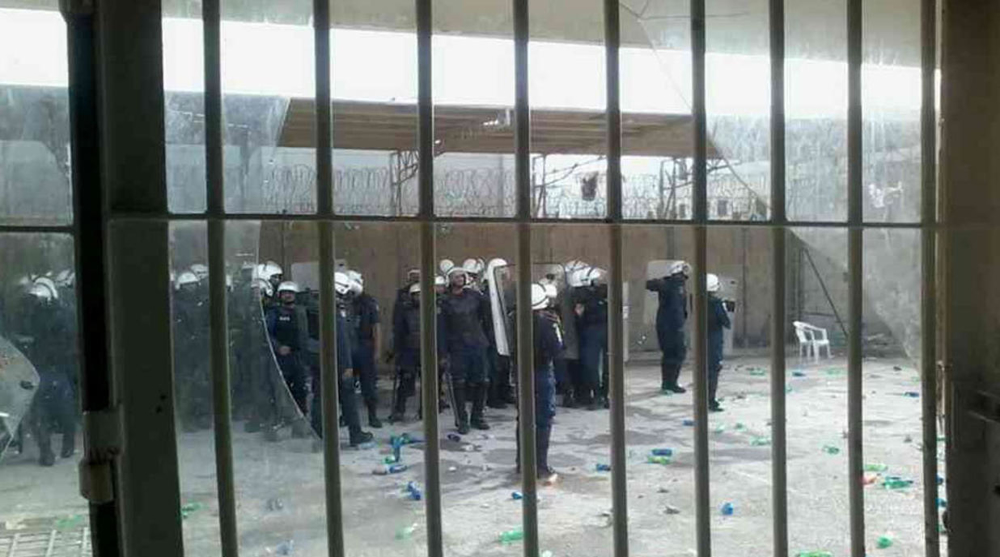

 This makes it easy to access the Press TV website
This makes it easy to access the Press TV website